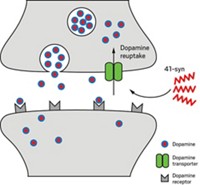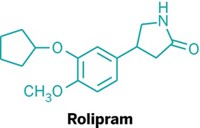Advertisement
Grab your lab coat. Let's get started
Welcome!
Welcome!
Create an account below to get 6 C&EN articles per month, receive newsletters and more - all free.
It seems this is your first time logging in online. Please enter the following information to continue.
As an ACS member you automatically get access to this site. All we need is few more details to create your reading experience.
Not you? Sign in with a different account.
Not you? Sign in with a different account.
ERROR 1
ERROR 1
ERROR 2
ERROR 2
ERROR 2
ERROR 2
ERROR 2
Password and Confirm password must match.
If you have an ACS member number, please enter it here so we can link this account to your membership. (optional)
ERROR 2
ACS values your privacy. By submitting your information, you are gaining access to C&EN and subscribing to our weekly newsletter. We use the information you provide to make your reading experience better, and we will never sell your data to third party members.
Biological Chemistry
Fellutamide B Taps Proteasome To Aid Neurons
Study could lead to the development of treatments of neuronal injuries and neurodegenerative diseases
by Carrie Arnold
May 21, 2008
The natural product fellutamide B aids brain cells by inhibiting the proteasome, the cell's garbage disposal for proteins, Yale researchers have found. The finding could aid the design of drugs that promote the well-being of neurons.
Craig M. Crews and coworkers show that fellutamide B, a small molecule isolated from a marine fungus, binds to caspase-, trypsin-, and chymotrypsin-like regions of the proteasome via a threonine residue. This binding inhibits enzyme-catalyzed protein hydrolysis in the proteasome, which, in turn, activates transcription of a polypeptide called nerve growth factor (NGF) (Chem. Biol., DOI: 10.1016/j.chembiol.2008.03.020).
NGF, which protects existing neurons and can repair those damaged by injury or disease, has shown potential for treatment of neuronal injuries such as stroke as well as Parkinson's and Alzheimer's diseases. However, when administered directly, NGF cannot cross the blood-brain barrier, greatly limiting its potential as a treatment for such diseases. Fellutamide B, in contrast, is small enough that it potentially could cross the blood-brain barrier and stimulate NGF synthesis within brain cells. The better understanding of fellutamide B afforded by this study may spur the development of other small-molecule therapies that protect and repair neurons.




Join the conversation
Contact the reporter
Submit a Letter to the Editor for publication
Engage with us on Twitter